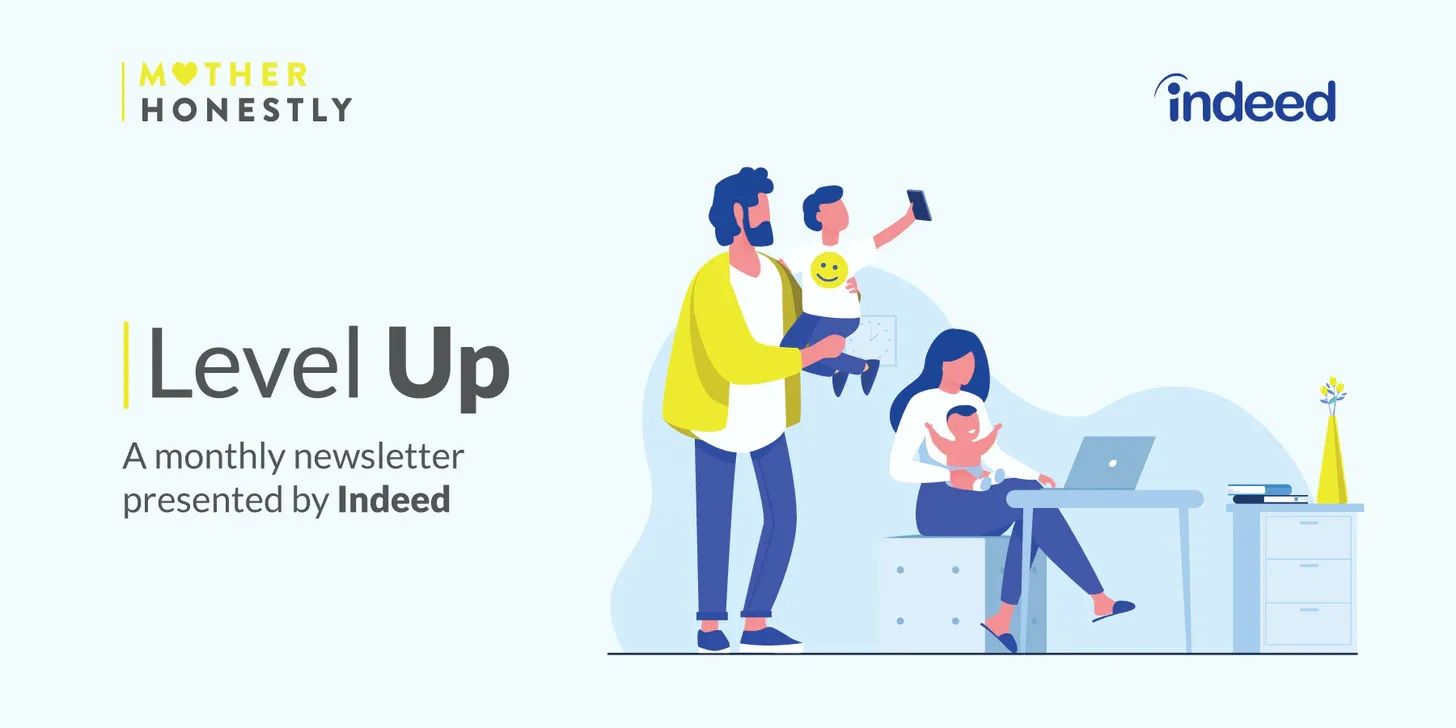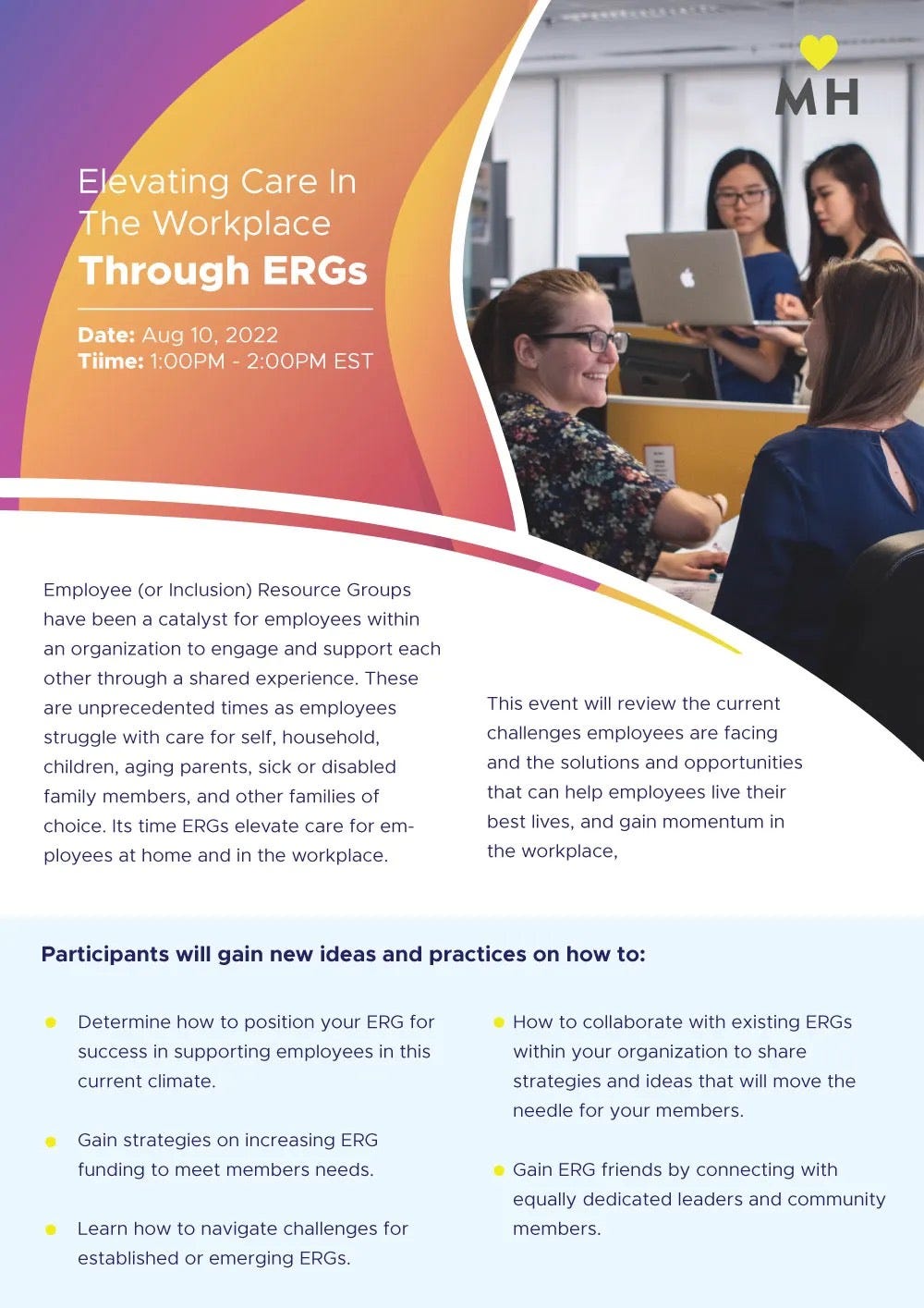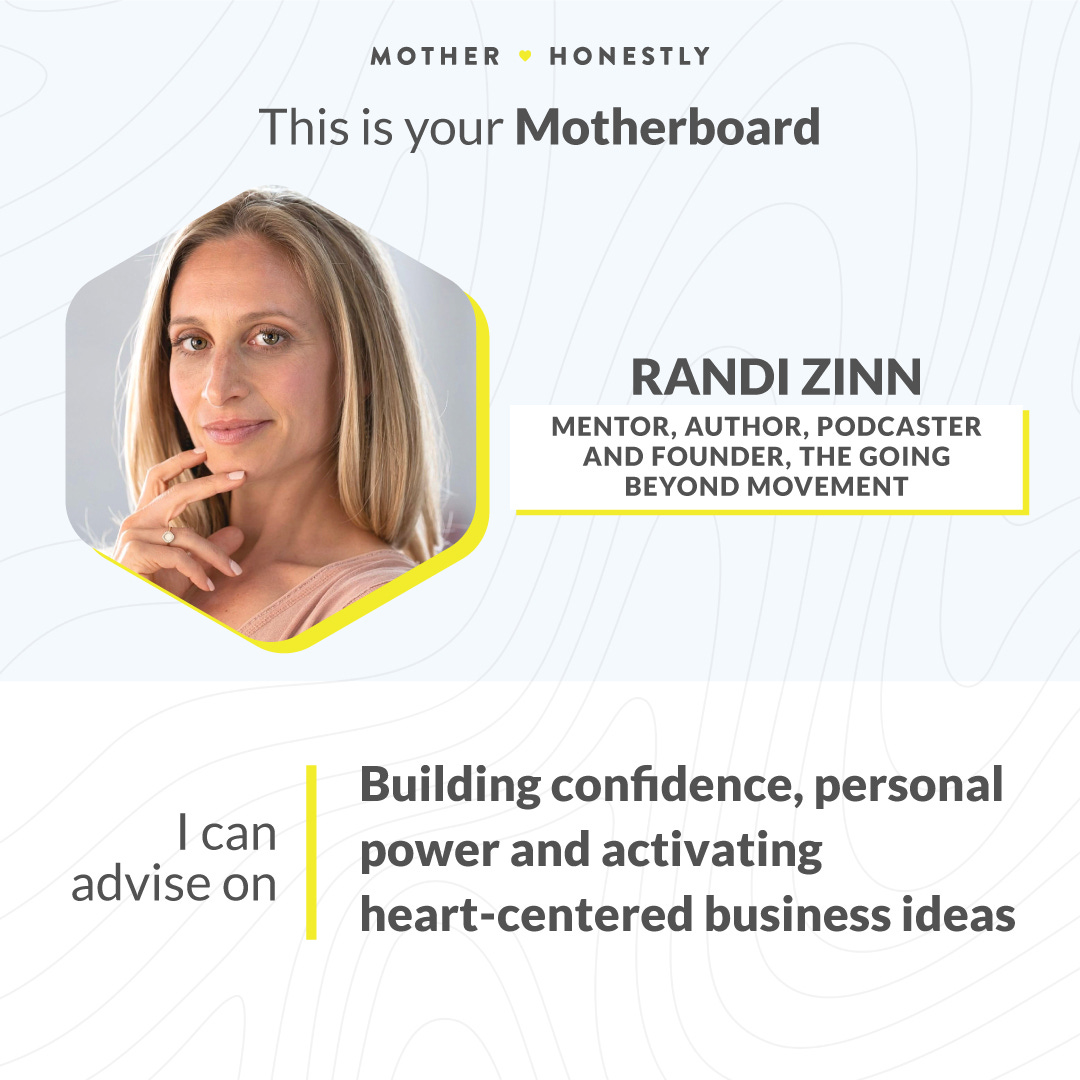Job hunting just isn’t the same after you have kids. Before you’re a parent, you look for more pay and perks (oh, and proximity to good happy hour spots). You might even be willing to move across the country a time or two. But after a kid comes along, your priorities shift. You can’t pack up and leave on a whim, and factors like flexibility and work-life balance become much more important.
That’s why the current job market is so remarkable. Moms are normally reluctant to job hop. We know family-friendly work environments are far too rare. But during the pandemic, mothers were very willing to change jobs. Of course, some of that is because we had no choice—many moms were pushed into smaller roles or out of the labor market altogether by child care challenges. But many women have taken advantage of the tight labor market to find a gig with better pay and benefits. One analysis found that job transitions for women shot up by 54% in 2021.
While there are signs the hot labor market is cooling, particularly in the technology, cryptocurrency and real estate industries, it’s still a great time to be looking for work. Worker shortages have forced companies to give out the biggest raises in 20 years. It’s also pushing companies to give out more perks, including permanent remote work, fertility benefits and child care assistance, in addition to many others.
It’s hard to point to just one reason why so many people are switching jobs. A Pew Research Center survey found that low pay was the top reason why Americans quit their jobs last year. A massive analysis published in the MIT Sloan Management Review pinpointed “toxic corporate culture” as the leading culprit when it comes to turnover. But according to a new McKinsey survey, 41% of respondents said that “a lack of opportunity for upward mobility” was the No. 1 reason why they left their job.
For parents, and particularly moms, there’s been one crucial change in corporate America that’s impacted our career decisions: the rise of remote work. A Catalyst survey of 7,400 global workers found that women caring for children were 32% less likely to say they intended to leave their jobs if they were able to work remotely. Working from home gives parents the flexibility to tackle domestic duties during the day, and many moms don’t want to give it up.
If you want to switch to a remote role, and your company isn’t offering the opportunity, it could be a good time to start looking around. But there are several other signs it’s time to resume your job search. Namely, because workers may never have as much bargaining power as we do now (especially with a recession looming). Here are some other important considerations, from the experts at Indeed:
The Fix: 4 Signs It’s Time to Switch Jobs
It can be difficult to know when it’s time to look for a new job, especially when you’re a working parent—a job change is bound to impact your family. But if you’re able to make a switch, it’s a great time to be looking for a new job. Here are some of the top signs you may want to brush up your resume:
1. You need more work-life balance.
If you’ve been feeling overwhelmed due to your professional responsibilities and you’ve attempted to set boundaries, i.e. communicating to your manager that your workload is pouring into your personal life, it might be time to look for a new position. Research companies that have a reputation for providing their employees with a fair work-life balance. This might look like flexible work schedules, being able to block off time to pick up your kids in the afternoon, or setting clear boundaries for communication outside of normal work hours.
2. You’re being underpaid.
If you feel you’re not receiving proper compensation for your role, there may be a disconnect between what you and your company see as your value and growth potential. With companies competing with each other for the best candidates in the market, don’t be afraid to negotiate for what you’re worth, including benefits such as PTO, 401k, flexible working, and more.
3. You’re no longer able to fulfill your job responsibilities.
Perhaps you’ve decided to shift your priorities and would like to focus more on your family, or you no longer have the bandwidth to lead a team at work. Whatever the reason may be, you might not be reaching the goals that were set out for you to complete when you first started in your role. It might be time to start looking for a role that you feel confident you will be able to succeed in, whether that’s moving to a more junior position, working in a different industry or running your own business.
4. The work environment is unhealthy.
A negative work environment can have a significant impact on both your professional and personal life and is a sign to start looking for a new job. Pay attention to how your workplace makes you feel and how your manager or team communicates. A toxic workplace environment can appear as punitive and controlling management practices, distrust and dishonesty among senior leaders, public shaming and/or harassment of employees and ineffective communication. While you’re searching for a new job, try to implement coping strategies to help you through this troubling time.
ELEVATE YOUR ERG:
Register here to join us for this important event on August 10 at 1 p.m.
LEVEL UP YOUR INTERVIEW SKILLS:
We’re partnering with Indeed to ensure that women reentering the workforce or looking to make a change into a new career feel prepared and confident in their interviewing skills.
In August, Indeed will be giving women job seekers the opportunity to meet with the company's recruiters and hiring managers via the Indeed Virtual Interview Platform to get interview tips and tricks, participate in a mock interview to practice sample interview questions, and prepare to get hired for their next great job.
Fill out this quick form to participate—and prepare to enter your next role!
GET 1-ON-1 ADVICE:
Randi Zinn is an author, mindfulness and wellness expert, podcast host and founder of the Woman of Abundance Mentorship Program, the Going Beyond Movement and Beyond Mom. The Going Beyond movement grants women permission to step in, step up, and enter a curious dialogue with their life. She has been featured in The New York Times, Well+Good, HuffPost and many more. Book Randi today!
HATE TO SEE IT
Women are much more likely to have Alzheimer’s, but 82% of us don’t know we have an increased risk. That’s partly because we disproportionately carry the burden of caregiving, and focus on others’ health over our own, according to the results of a new survey conducted by the Cleveland Clinic.
New research suggests that exceptionally qualified women are undervalued and taken for granted by organizations. Managers are more comfortable hiring women for jobs they’re overqualified for than men, because of gendered assumptions that men prioritize career advancement while women prioritize relationships with their coworkers. Since men are seen as bigger flight risks, companies engage in more preemptive efforts to retain them than women, such as offering bonuses, raises, promotions or increased responsibility.








